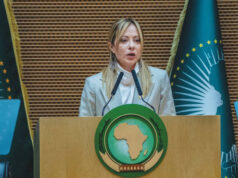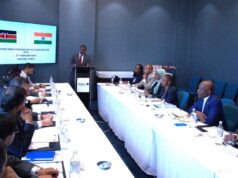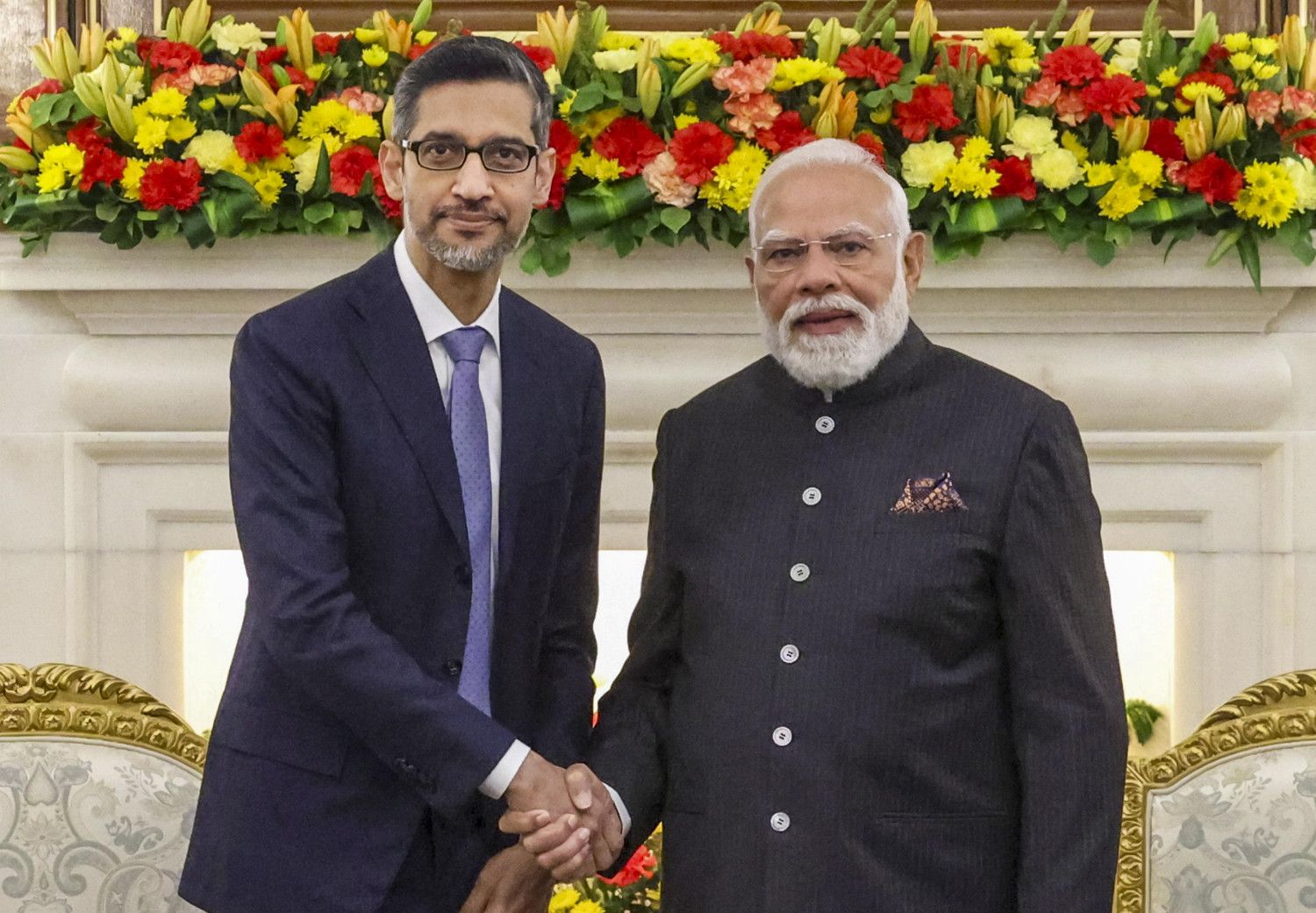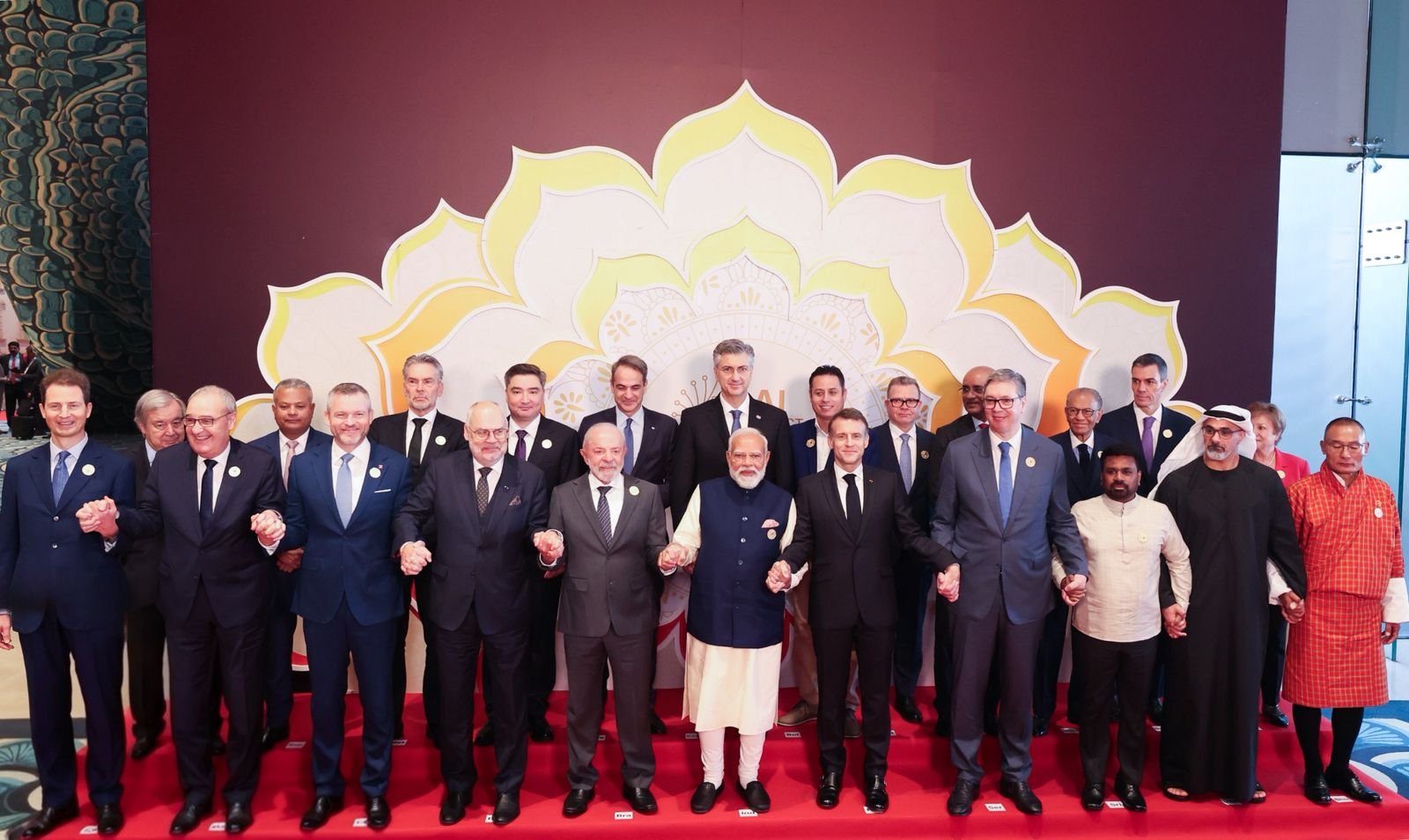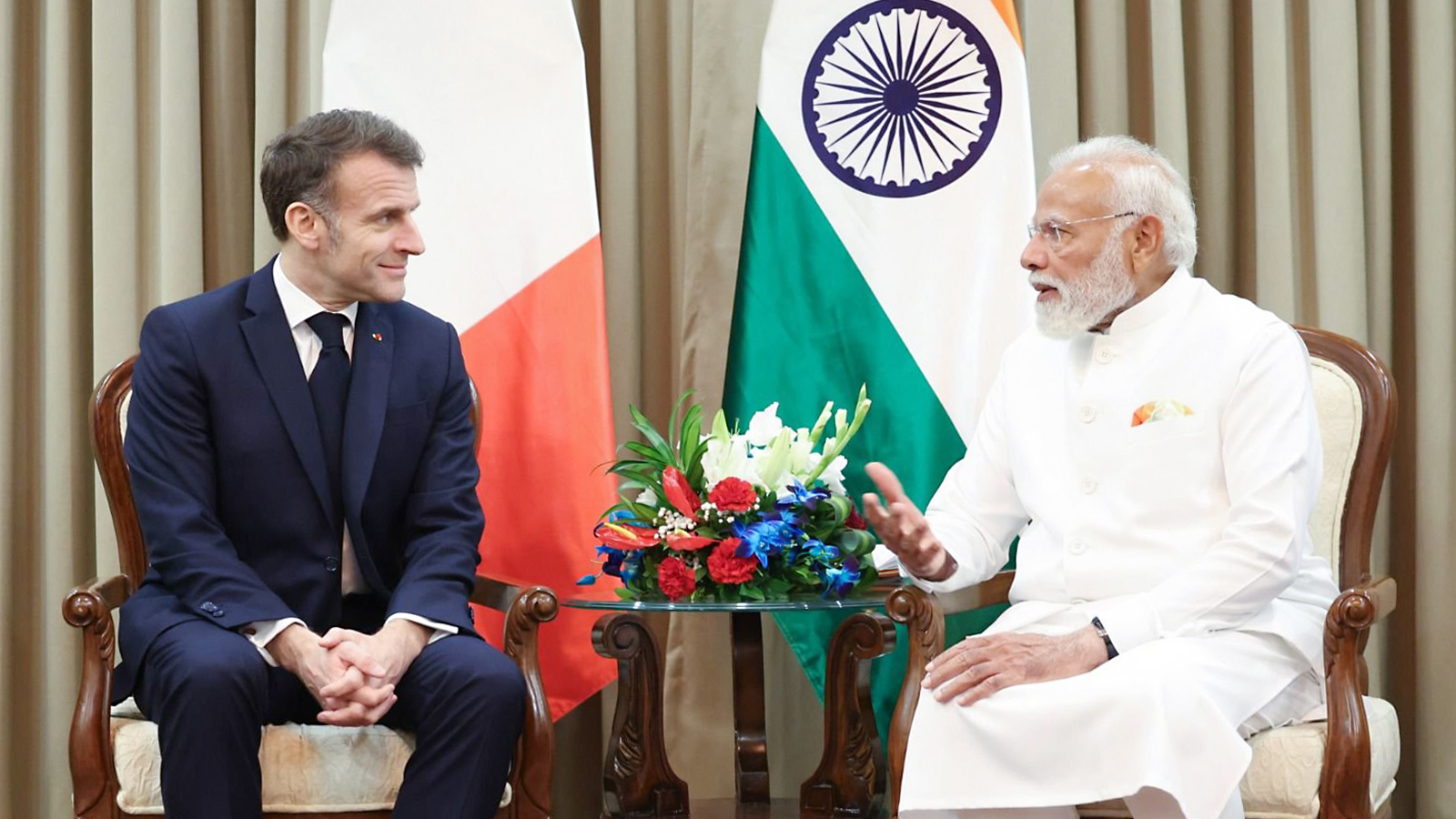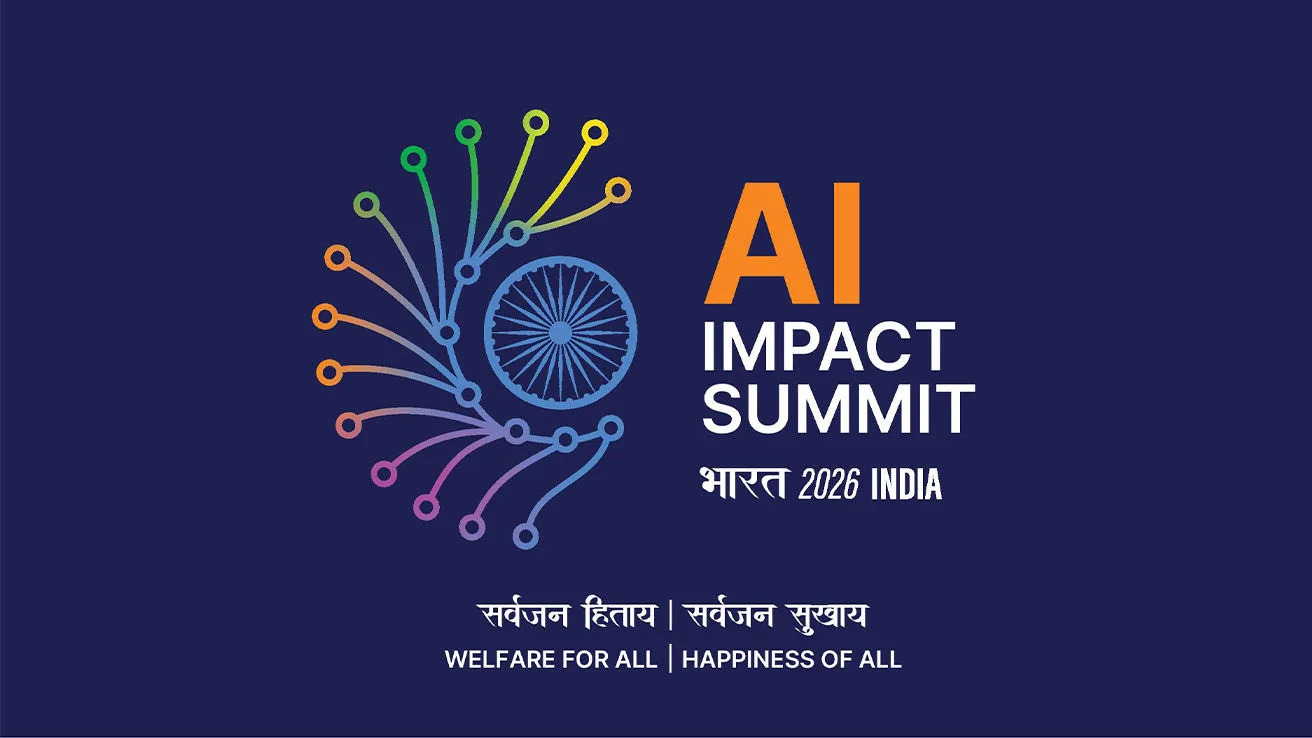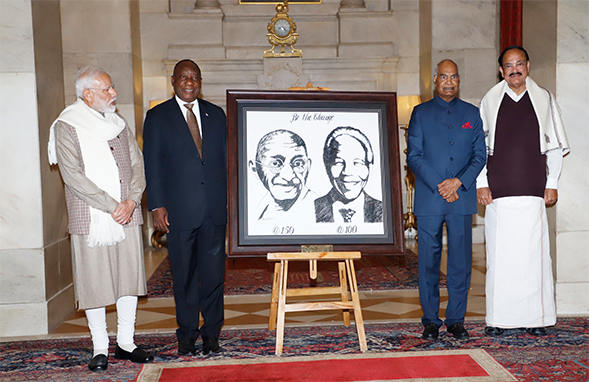

India-South Africa diplomatic relationship, formally established decades ago, has matured into a robust economic, social, and strategic partnership, thriving on enhanced leadership engagements and multiple agreements on greater cooperation
India and South Africa share an extremely unique and fundamental relationship. The bilateral association is a deep rooted relation since decades as both the nations have been through similar history of sovereignty struggles and quest for social welfare. India and South Africa iniciated diplomatic cooperation in 1994, and have since maintained amicable relations. In order to strengthen and deepen India’s engagement with South Africa, Indian Prime Minister Narender Modi has visited the country twice since assuming power. During his official visit in 2016, India and South Africa entered into eight agreements and extended cooperation in the fields of Information Communication Technology, Tourism, Sport, Culture, Grassroots Innovation, Renewable Energy, Audio-Visual, and Visa Simplification Procedures. Such cooperation in different avenues of mutual interest is a testimony to the strong diplomatic relationship between the two countries.
The President of South Africa, Cyril Ramaphosa was the Chief Guest of the 70th Indian Republic day celebration this year (January 2019) on a special invitation extended by the Indian Prime Minister. During his visit, the South African President kept certain areas on priority, which included health, skill development, and the digital sector to boost relations with India. In present times, the defence industry of South Africa is flourishing the most in the African continent. Thus, both the nations are enthusiastic to partners in joint production. Ramaphosa also met the Indian business community in New Delhi in order to understand how South Africa and India can conduct and build up trade relations with other African nations.
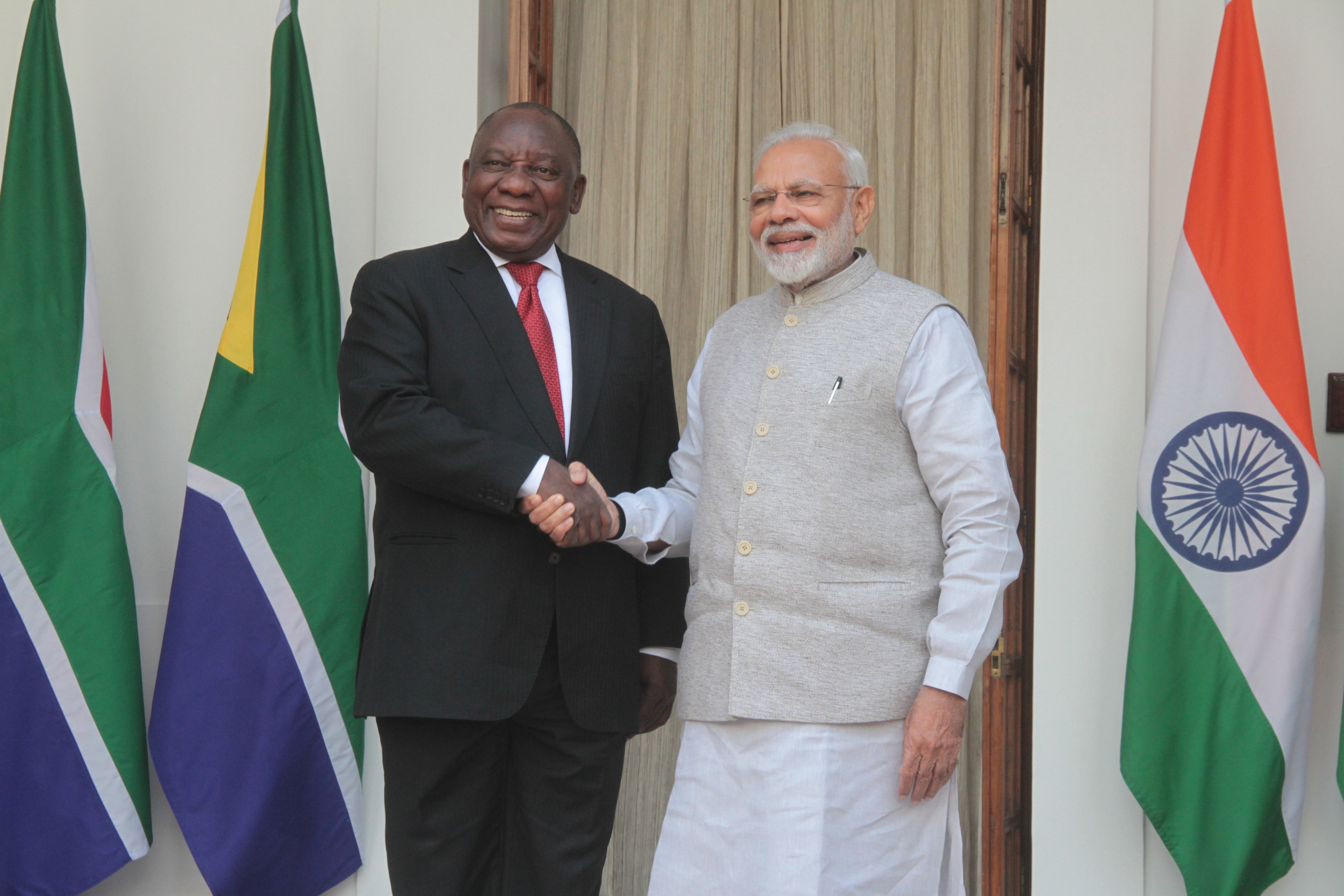
The South African President’s visit was a significant milestone in India-South Africa bilateral relationship. President Ramaphosa became the second South African Head of State to attend the Indian Republic Day celebration. Previously, South African leader and reformer Nelson Mandela had attended the event in the year 1995. During the recent visit, a Three-Year Strategic Programme of Cooperation (2019 – 2021), aimed at further enhancing the strategic ties, was signed by the two countries. After his visit, President Ramaphosa reiterated the commitment to strength diplomatic ties further and said, “We reviewed the existing cordial bilateral relations between South Africa and India as encapsulated in strategic partnership, as well as the close cooperation at a number of multilateral groupings that our two countries belong to, where we work closely with one another.” According to a media statement released by Indian Ministry of External Affairs during President Ramaphosa’s visit, “About 1.5 million Indian Origin People live in South Africa and form an enduring link. Over 150 Indian companies have invested in South Africa employing over 20,000 locals. India is among the top five trading partners of South Africa. The bilateral trade has increased to US $ 10.65 billion in 2018-19 from US $ 9.38 billion in 2017-18. Both countries have close cooperation in the areas of vocational training, capacity building etc. Both countries share a common vision on a range of global issues and closely cooperate in various multilateral fora: UN, BRICS, G-20, Commonwealth, IORA and the IBSA.” Both countries confirmed that the “10th Session of the India-South Africa Joint Ministerial Commission will be held in 2019 in New Delhi led by the Foreign Ministers of both the countries.”
The Indian Prime Minister, during his trip to South Africa, termed the nation as the land of Madiba (Nelson Mandela) and the ‘Karambhoomi’ of Mahatma Gandhi. While addressing the Indian Community in South Africa, PM Modi said that in the last ten years the two way trade between the nations had grown by 300 percent, which clearly signifies India’s keen business interest in South Africa. Areas where both countries have a scope of cooperating include minerals and mining, chemicals and pharmaceuticals, high-technology manufacturing, and information and communication technology.
The previous high-level exchange between South Africa and India was during the 10th BRICS Summit in 2018, where India reiterated its commitment to promote peace and development in the African continent. Both nations also dealt with issues related to terrorism and extremism in international arena. Furthermore, South-South cooperation was given prime importance. . Three MoU’s signed between the two nations include cooperation in agricultural research and education, exploration of outer space for peaceful purposes, and setting up the “Gandhi Mandela Centre of Specialisation for Artisan Skills” in South Africa. According to Nelson Mandela, Mahatma Gandhi plays a significant role in South Africa’s history and has immensely contributed in liberating people from apartheid. His role in bringing peaceful transition in the country cannot be ignored. Mandela in a letter wrote, “… in 21 years of his stay in South Africa we were to witness the birth of ideas and methods of struggle that have exerted an incalculable influence on the history of the peoples of India and South Africa.”. Mandela has further said, “Gandhi’s political technique and elements of the nonviolent philosophy developed during his stay in Johannesburg became the enduring legacy for the continuing struggle against racial discrimination in South Africa.”
Looking at the bilateral trade and investment between the two countries – India is South Africa’s fifth-largest export destination. India is also the fourth-largest import origin for South Africa and is the second-largest trading partner in Asia. Both countries are working to boost trade volumes in the coming years as the current trade stands at $10 billion. The future holds hopes for strengthening India’s engagement with South Africa and opportunities for both the nations to discuss and cooperate in many other areas and sectors.
During recent state visit of President Ramaphosa, both nations agreed to cooperate in the field of Small and Medium Enterprises (SMEs), a sector that plays an invaluable role in job creation and creating trade and investment opportunities.
India-South Africa partnership is progressive and our rich cultural and people-to-people contacts lend character and quality to India-South Africa ties. Recognising the exceptional strategic potential between the two countries, India is looking forward to deepen her ties with South Africa as both share a longstanding historical relationship. Both nations, comprehending the needs of the contemporary world, must now start talking about the future of Asia and Africa as both play a significant role in geopolitics today.

